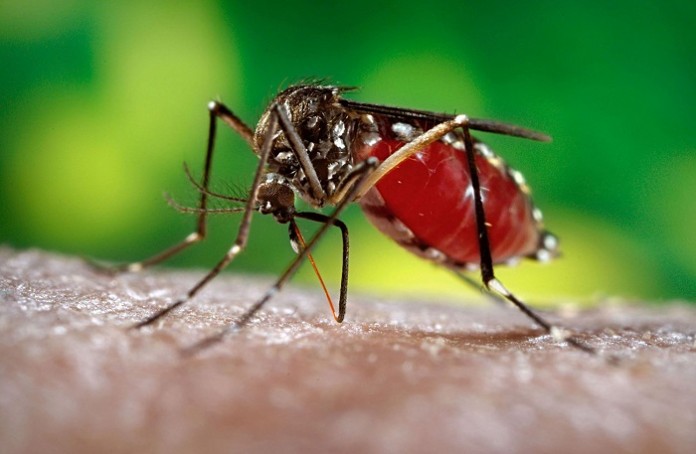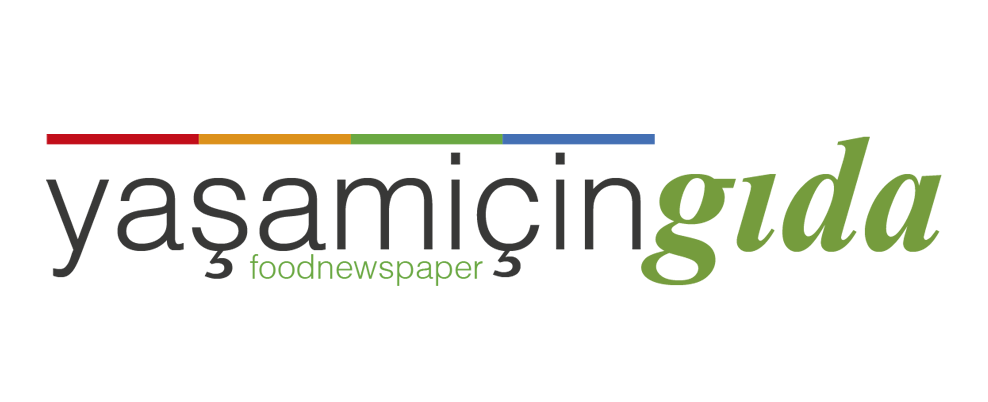
WHO has launched a global Strategic Response Framework and Joint Operations Plan to guide the international response to the spread of Zika virus infection and the neonatal malformations and neurological conditions associated with it.
The strategy focuses on mobilizing and coordinating partners, experts and resources to help countries enhance surveillance of the Zika virus and disorders that could be linked to it, improve vector control, effectively communicate risks, guidance and protection measures, provide medical care to those affected and fast-track research and development of vaccines, diagnostics and therapeutics.
World Health Organization (WHO) says $56 million is required to implement the Strategic Response Framework and Joint Operations Plan, of which $25 million would fund the WHO/AMRO/PAHO response and $31 million would fund the work of key partners. In the interim, WHO has tapped a recently established emergency contingency fund to finance its initial operations.
As part of WHO’s new emergency programme, the agency’s headquarters activated an Incident Management System to oversee the global response and leverage expertise from across the organization to address the crisis. WHO is tapping a recently established emergency contingency fund to finance its initial operations.
WHO’s Regional Office for the Americas (AMRO/PAHO) has been working closely with affected countries since May 2015, when the first reports of Zika virus disease emerged from northeastern Brazil. AMRO/PAHO and partner specialists were deployed to help health ministries detect and track the virus, contain its spread, advise on clinical management of Zika and investigate the spikes in microcephaly and Guillain-Barré syndrome in areas where Zika outbreaks have occurred. AMRO/PAHO will continue to work with partners to manage the response in the Americas.
WHO is issuing regular information and guidance on the congenital and neurological conditions associated with Zika virus disease, as well as related health, safety and travel issues.
Working with partners, WHO is also mapping efforts to develop vaccines, therapies, diagnostic tests and new vector control tactics and putting in place mechanisms to expedite data sharing, product development and clinical trials.
On 1 February 2016, based on recommendations of the International Health Regulations Emergency Committee, WHO declared the increasing cases of neonatal and neurological disorders, amid the growing Zika outbreak in the Americas, a Public Health Emergency of International Concern.

